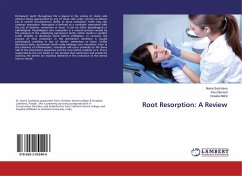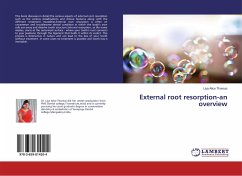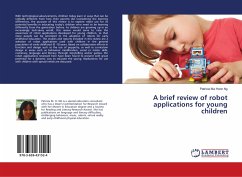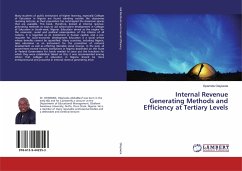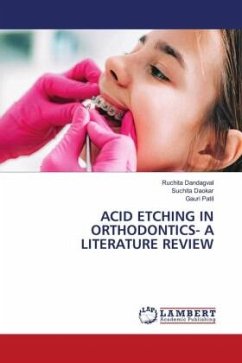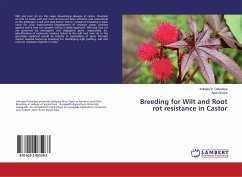Permanent teeth throughout life is placed in the vicinity of clastic cells without being approached by any of these cells under normal conditions but in certain circumstances, similar to bone resorption, teeth may also undergo resorption. Resorption is defined as a condition associated with the loss of dentine, cementum or bone. It can be either physiological or pathological. Physiological root resorption is a natural process caused by the pressure of the underlying permanent tooth, which results in variable tooth mobility in deciduous teeth before exfoliation. In contrast, the process of root resorption in the permanent dentition is usually pathological resulting in loss of dentin, cementum or bone. Unlike deciduous teeth, permanent teeth rarely undergo root resorption. Even in the presence of inflammation, resorption will occur primarily on the bone side of the attachment apparatus and the root will be resistant to it. This is supported by the fact based on the premise that cementum and predentin covering the dentin are essential elements in the resistance of the dental root to resorb.
Bitte wählen Sie Ihr Anliegen aus.
Rechnungen
Retourenschein anfordern
Bestellstatus
Storno

